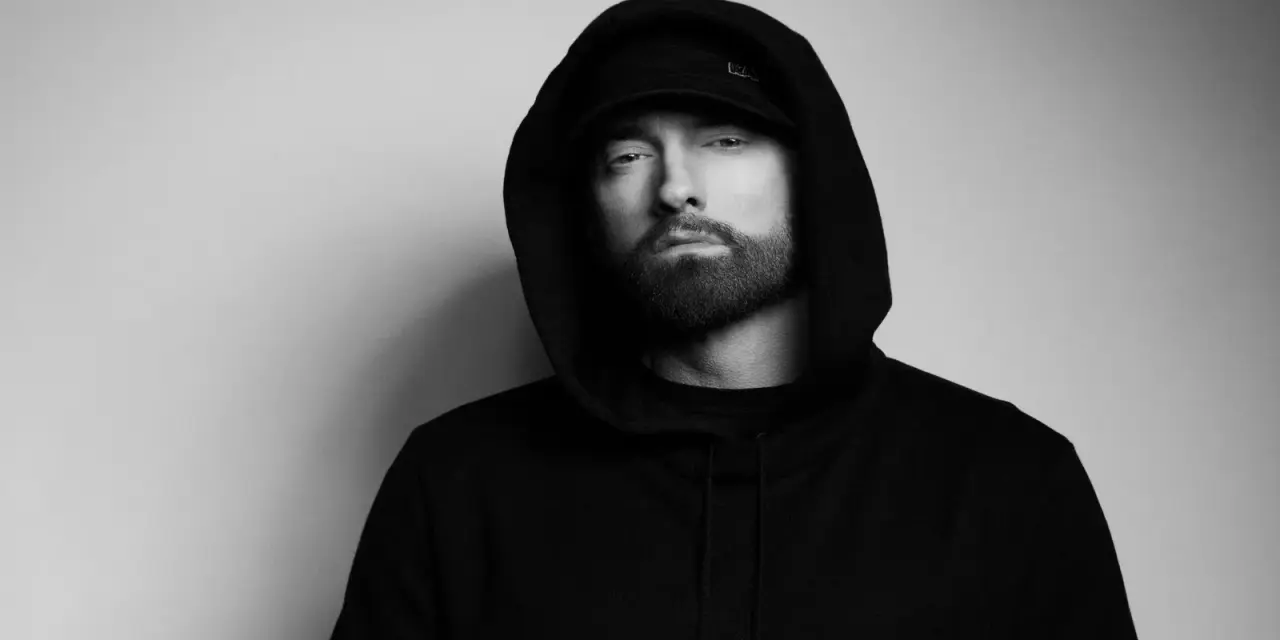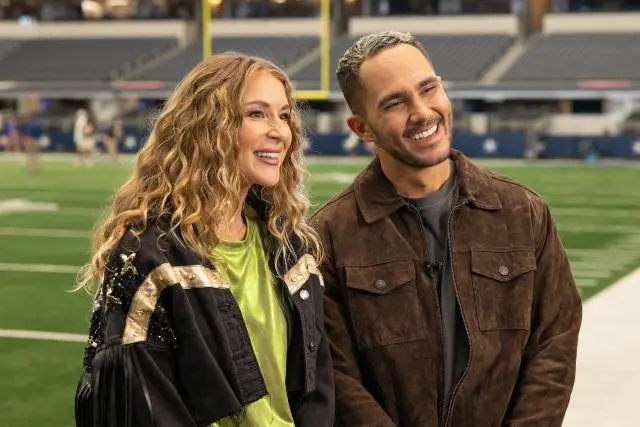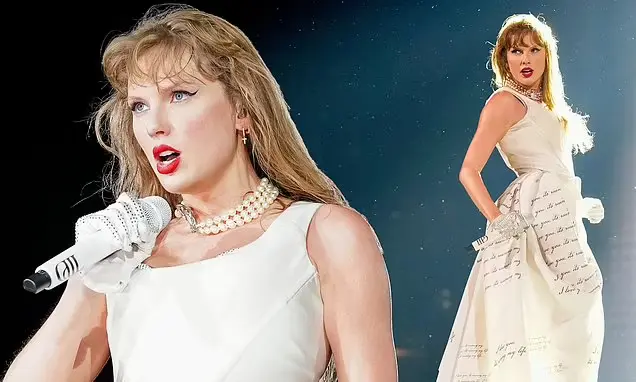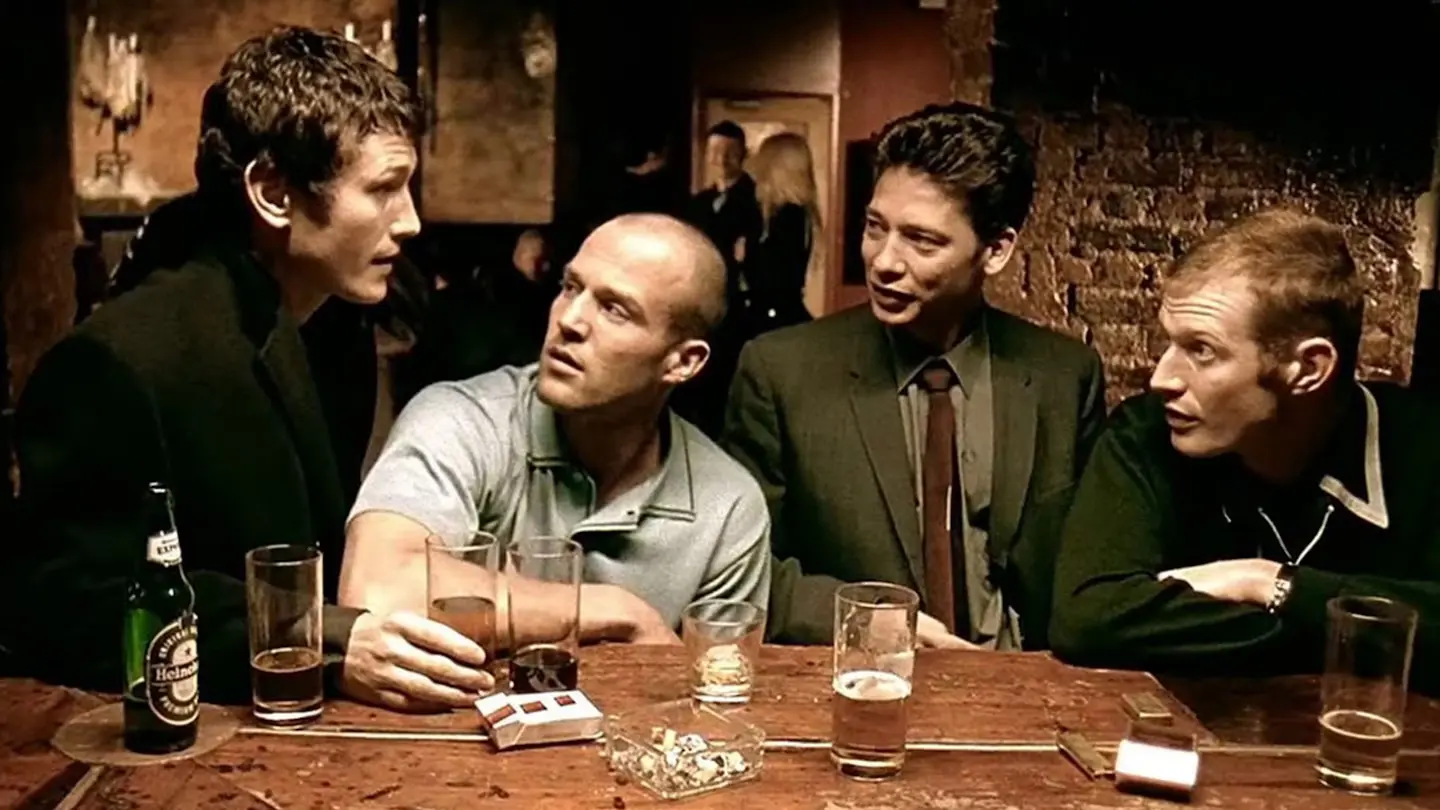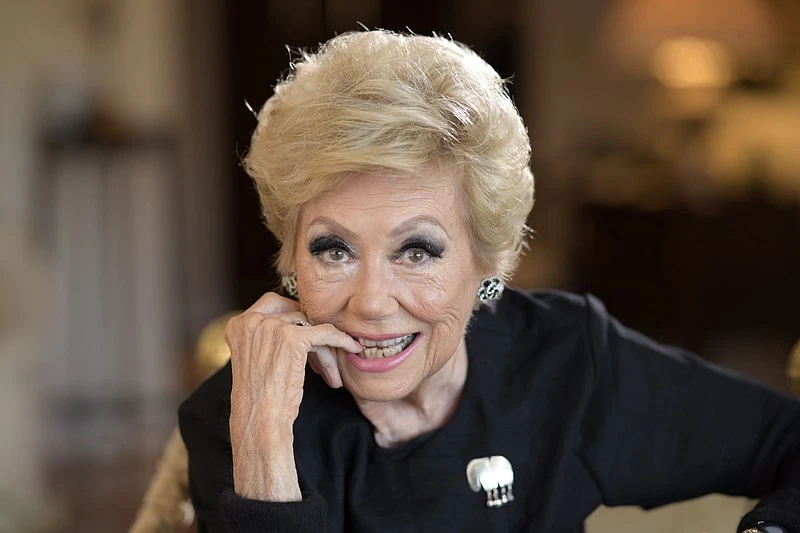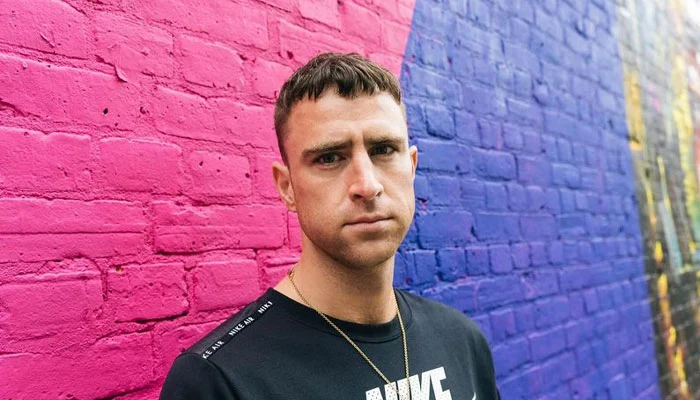When I first heard the song, my youngest daughter had warned me as we were driving to school that it made her friend’s mom weep.
After hearing just a few bars, my larynx constricted to a point where words weren’t possible without the prospect of a deluge of weeping. Noah Kahan's “You’re Gonna Go Far” did that to me, on a weekday morning, in my pajama trousers, while conducting transportation for my eighth grader.
Tucked inside the song’s lyrics is a vivid reflection of my oldest daughter, a senior in high school, preparing not only for graduation but for a new chapter that will transport her away from home. Away from me. And through my speakers, one of the most prominent indie-folk singer-songwriters was singing about this transition and the complicated emotions that come with it, to me.
How A Song Becomes Your Anthem Or Soundtrack
“I had no idea. I didn't even think about it that way. That’s so exciting,” Gabe Simon, who wrote and produced the Stick Season album with Kahan, says from his backyard in Nashville, Tennessee. “It’s so powerful that a song can do that. That you have a visceral experience in your body with your child heading off.”
Simon and Kahan were thinking about their own moments of departing as they wrote the song, which was rereleased this year with a Brandi Carlile feature that injects even more emotion. Both males are from modest villages where residents didn’t migrate. Both understood the difference between merely surviving and truly living. And both wanted to feel like it was not only OK to resign, but that sometimes it’s necessary. And when it is, that people will comprehend.
“I think what’s great about songwriting is you can take a simple concept and make it an anthem,” he says. “I think a lot of people want to leave and have a hard time accepting they want to leave … but some people got to go.”
I had to. And when I did in 1999, “Wide Open Spaces” by The Chicks was the soundtrack for a pilgrimage that transported me away from everything and everyone I knew. It seemed appropriate for a lady relocating from the Midwest to the West. Other strike-out-on-your-own anthems from the past include “Good Riddance” by Green Day and, more recently, “We Are Young” by fun.
Kahan tells the Green Day song was "the quintessential graduation song" when he was in middle school, and he performed The Head And The Heart's “Rivers and Roads” when he graduated high school.
"To think that there might be a generation of kids playing “You’re Gonna Go Far” at their graduation is an honor," said Kahan. "I hope the song conveys the same optimism for the future to the families and friends and pupils themselves that those aforementioned tracks brought to me.“
Tiktok And Reels Lend New Vitality To Tunes

Even in an unofficial anthem capacity, “You’re Gonna Go Far” is distinct from its antecedents. It’s alive in an era of TikTok, Instagram and Reddit. It’s being used to lend cadence and context to photos and milestones across social media. It’s giving people a collective space to lament the melancholy feeling of leaving – divulging that they’re “ugly crying on the couch” and acknowledging that the song strikes them “like a train” even years after moving away.
It reveals both aspects of emotions that come with departing and letting go, the essence of emotions during graduation season. And, due to our ability to stream whatever we want whenever we want, it’s part of a musical strand that this generation of adolescents and young adults is able to share with this generation of parents.
It wasn’t always like that, Jonathan Perkins, the assistant dean of the composition department at Berklee College of Music, tells me. Parents didn’t always listen to or connect with the music their kids were listening to. My parents, for example, did not get down with Nirvana and Dr. Dre. The democratization of music, through streaming capabilities, has allowed kids to introduce parents to what moves them.
And sometimes, like with Noah Kahan, and even Taylor Swift and Harry Styles, parents get on board.
“We had much more dictated mediums of how we heard things. Radio had a significant influence,” Perkins says of Gen Xers who are now parents. “Now all the kids are sharing all kinds of stuff and I also think at the same time you’ve had a proliferation in a change of family psychology in the way parents get along with their kids. I think it only helps them communicate with their kids.”
Parents And Toddlers Connecting Over 'You're Gonna Go Far'
Many are connecting over this one song, in part because it somehow implies empathy for both sides of the “leaving” equation.
For parents and for kids, the distinct imagery used in the song – “pack up your car, put a hand to your heart” and “we ain’t angry at you love, you’re the greatest thing we’ve lost” – gives pause to a season of life that has so much momentum, each milestone can feel like another rotation on an Indiana Jones-style boulder gaining speed as it rolls downhill.
Michelle Cox hasn’t yet allowed herself to envision the moment she drives away from Addy, her firstborn, bound to college about four hours from home. But when she hears the melody, introduced to her by her daughters, she needs a minute. It reminds her of her own desire to leave when she was a high school senior, graduating from the same high school her daughter is.
The glory of the melody, as is the case with life and these complex moments of necessary development, is that it moves the listener through a succession of emotions. Its anticipatory cadence at the outset gives way to a more comforting pace as the lyrics propose pride and protection in the place of loss or wrath.
Parents Share In Sons' Achievement
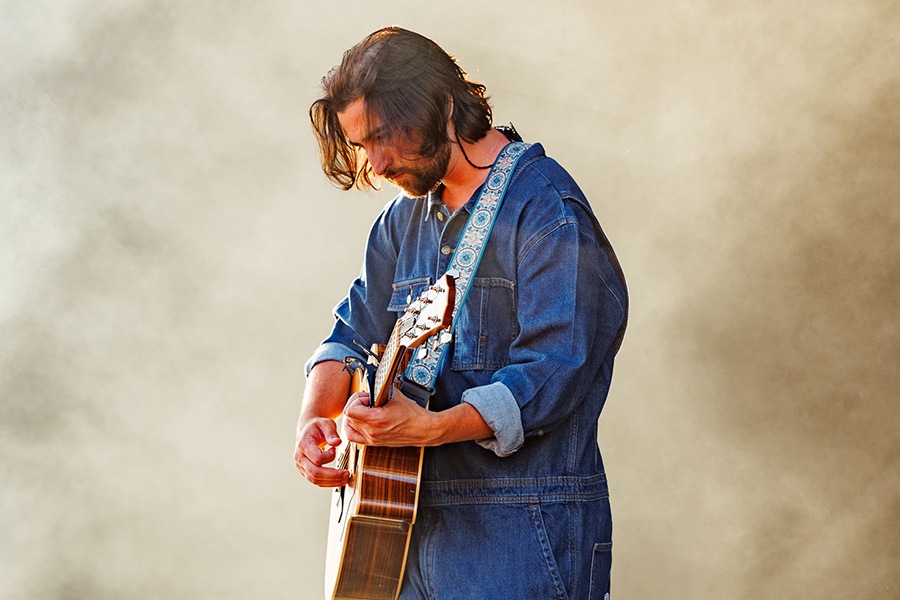
Ritta Fagain does. Her oldest graduated high school in 2020, when the COVID-era ceremony was set up as a drive-thru. Her youngest son will graduate this spring and attend school about two hours away, which means she’ll be an official empty nester.
Milestones this academic year have provoked emotions. And she has had to explain to him that the day he departs it may seem like she is weeping and hoping he will remain, but she is actually crying and urging him on his way.
“We’ve not only earned these emotions, but we’re mourning the end of an era. It was a time in life that was rapid and it was sluggish. It’s every cliche in the book coming true,” she says. “What we’re mourning is this time being over, not just that we miss our kids. And the sorrow of it is fantastic because it means it was magnificent.”
Amy Wolff can relate. As she’s preparing for her youngest to graduate and attend college, and as an admittedly devoted Noah Kahan fan, this song acquires more meaning with each passing day.
“Music in general allows you to release some of that energy and emotion that you stifle,” she says. “I don’t want her to feel bad that she is causing this emotion. She’s exactly where she should be and she is going to set the world on fire and I can’t wait to be a witness to that. I’m so pleased of her.”
Pride isn’t reserved exclusively for the graduate. Michael Klinkner, a Phoenix-based licensed clinical social worker, said many times the emotions that come with graduation and an imminent empty-nest period are associated with collaborative achievement.
Read Also: Kim Petras Cancels Summer Concerts Due To Health Concerns
Noah Kahan's Melody As A Voyage
So that’s the official position. And, according to Simon, that was the mood for the song. It needed to somehow weave together the anxieties of someone departing with the assurance that person needs from the people sending them off. It needed to hold promise. It needed to be reassuring.
Simon said “You’re Gonna Go Far” was the most complex one on the album, so challenging it had to be rerecorded four times. The energy had to be just right. Because in the end, they were singing it to themselves, in the way some people give advice that they themselves are supposed to heed.
To me, it is apropos that a song about a milestone in life that comes with a complex, mixed-bag of difficult-to-describe emotions was itself challenging to master. The song itself was a voyage.
“That song in particular, we never knew why it resonated with so many people on so many levels. It just continued doing so well. It’s got to be this notion about wishing you well. I suppose this whole time we’ve been wishing ourselves well,” Simon said. “I love that song because it starts melancholy and ends joyful. We’re observing an insect. It should be full of optimism and love and pleasure. You’re gaining your sea legs and then you’re riding off into the sunset.”


